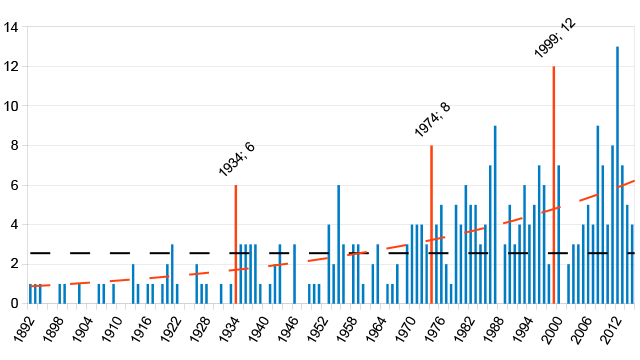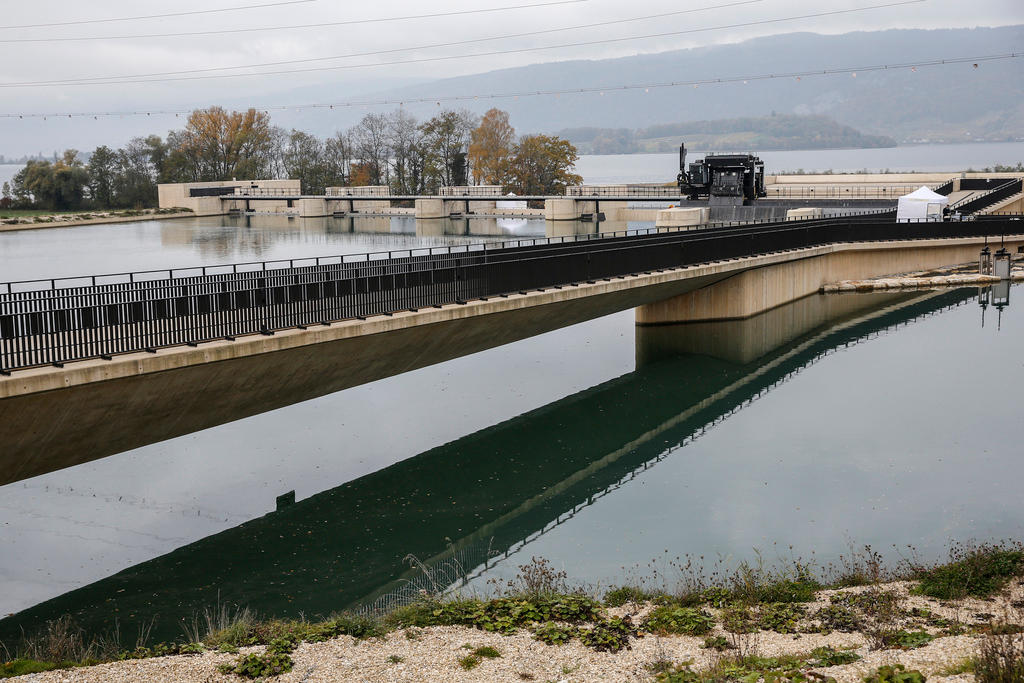Initiatives can be successful even if withdrawn

A committee campaigning for financial compensation for victims of a controversial Swiss foster care system has officially withdrawn its initiative, following parliament’s final approval of a government counter-proposal.
“Under these circumstances it would have made no sense to reject the counter-proposal,” a spokesman for the initiative committee said on Friday.
At the same time, an initiative aimed at boosting energy efficiency was also withdrawn although enough signatures to force a nationwide vote had been collected in 2013.

More
What’s a people’s or citizens’ initiative?
The promoters – a broad coalition of environmental and consumer groups as well as different political parties and the business community – said the government’s strategy to promote renewable power, Energy Strategy 2050, was sufficient.
Researchers say the two examples show the important role of people’s initiatives in Swiss politics even if they do not come to a nationwide vote.
Over the past ten years, 19 initiatives have been pulled by committees, but none was declared invalid by the authorities.
Friday’s decisions bring to 96 the number of people’s initiatives withdrawn over the past 125 years, while parliament drafted a counter-proposal in 67 cases. Six of them failed at the ballot box, according to data from the Federal Chancellery.
In the other 29 cases no official reason was given for the withdrawal of the respective proposal – which is tantamount to a change in the constitution.
It is believed that on many such occasions parliament adapted a legal amendment before the initiative was discussed by the chambers. The campaigners seeing some of their demands met, then dropped their initiatives.
Counter-proposal
Parliament is free to either propose a counter-proposal to an initiative in which case both may go to a vote. Or it can choose to amend the law without triggering a nationwide ballot automatically.
The following graphic, based on a study by political scientist Pierre-Michel Cotroneo at the University of Lausanne, divides the 206 initiatives voted on in Swiss history, including the 22 proposals approved, into four periods.

Acknowledgment
During the final debate on the controversial foster care policy in the Senate in mid-September, several speakers praised the initiative as a key element of Switzerland’s system of direct democracy.
Even opponents of the foster care initiative acknowledged that it had served as a tool to put pressure on the authorities to take action.
Justice Minister Simonetta Sommaruga pointed out that the initiative had enjoyed broad support among the population and politicians alike.
In line with an overwhelming majority of the Senate, she called for parliament to give preference to a counter-proposal by the government for practical reasons.
She said it would take less time to implement such a new law than a people’s initiative, where it might be years before a change to the country’s constitution is in force.

In compliance with the JTI standards
More: SWI swissinfo.ch certified by the Journalism Trust Initiative





You can find an overview of ongoing debates with our journalists here. Please join us!
If you want to start a conversation about a topic raised in this article or want to report factual errors, email us at english@swissinfo.ch.